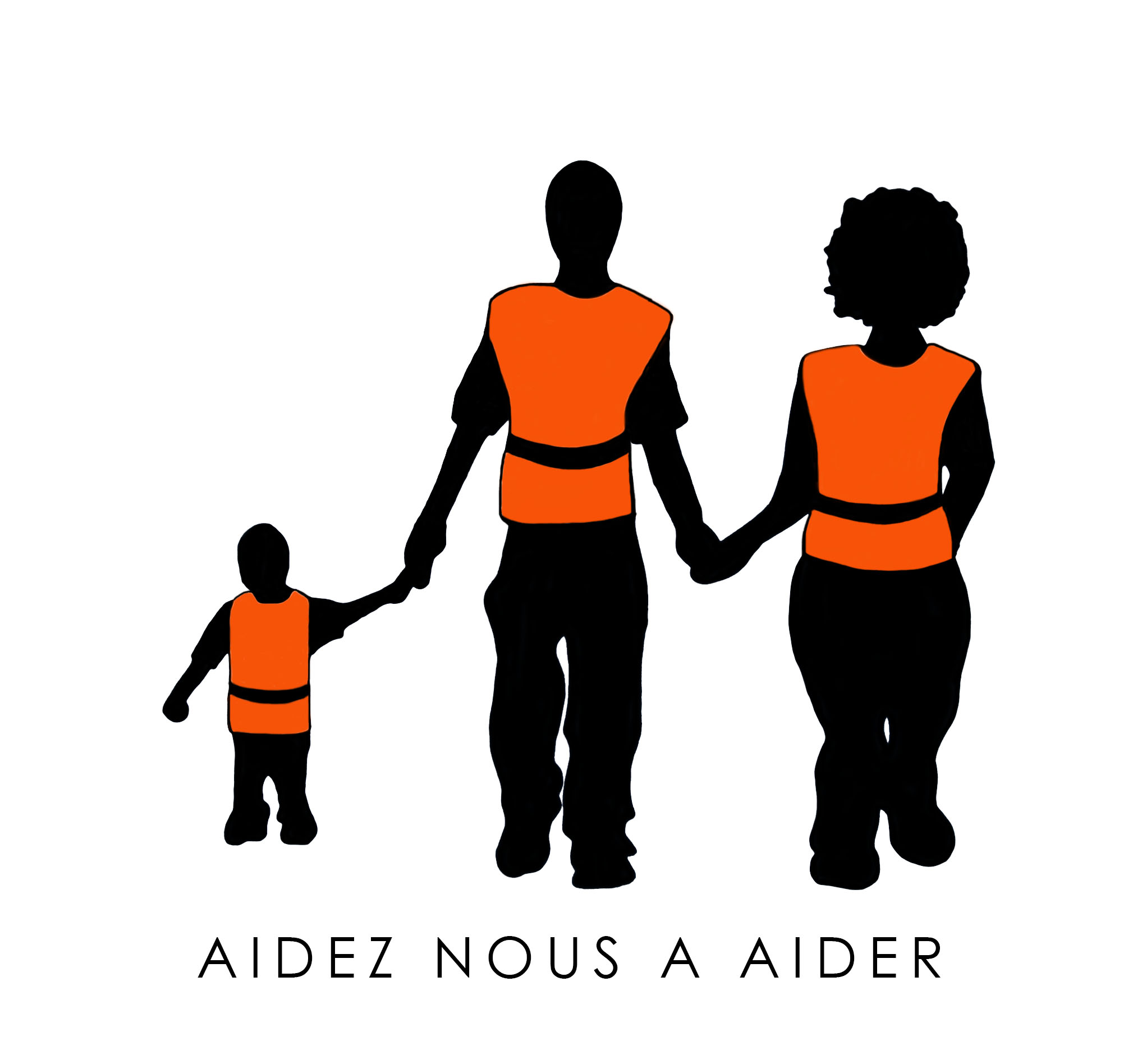In today’s interconnected world, the plight of migrants and the scourge of human trafficking have become intrinsically linked, forming a complex and alarming phenomenon that demands urgent attention. Migrant trafficking, characterized by the exploitation and coercion of vulnerable individuals seeking better lives, represents a grave violation of human rights. In the shadow of irregular migration, human traffickers prey on the hopes and dreams of migrants, subjecting them to unspeakable horrors in their quest for profit.
What is migrant trafficking? It is the insidious practice of exploiting migrants through deception, coercion, or force for various purposes, including forced labor, sexual exploitation, and even organ trafficking. Many migrants, driven by economic hardship, political instability, or conflict in their home countries, embark on difficult journeys in search of safety, opportunity, and a better future. However, their dreams are often shattered as they fall into the clutches of traffickers who see them as nothing more than commodities to be exploited for financial gain.
Irregular migration and human trafficking go hand in hand, with traffickers capitalizing on the vulnerabilities of migrants who undertake dangerous journeys outside of established legal channels. These migrants, lacking proper documentation or legal protection, become easy targets for exploitation. Traffickers promise them safe passage, assistance, or employment opportunities, only to subject them to unimaginable suffering and abuse once under their control.
Human traffickers systematically violate the fundamental rights of migrants, perpetuating a cycle of exploitation and suffering. Their tactics are insidious and multifaceted, targeting the very core of migrants’ humanity.
Traffickers subject migrants to grueling forced labor in various industries such as agriculture, construction, or manufacturing. They often work under exploitative conditions, enduring long hours, hazardous environments, and minimal or no compensation. This practice strips migrants of their right to fair and just working conditions, denying them the dignity and autonomy they deserve.
Traffickers exploit the vulnerability of migrants, especially women and children, by coercing or forcing them into prostitution or other forms of sexual exploitation. Victims are subjected to physical and psychological abuse, trapped in a cycle of trauma and despair. This egregious violation of their bodily integrity and autonomy deprives them of their basic human right to live free from violence and exploitation.
In some of the most egregious cases, traffickers deceive or coerce migrants into undergoing illegal organ removal surgeries. Exploiting their desperation for profit or the chance to continue their journey, traffickers strip migrants of their bodily autonomy and subject them to irreversible harm. This grotesque violation of their right to bodily integrity and self-determination further compounds their suffering and indignity.
Human traffickers systematically strip migrants of their dignity, autonomy, and basic human rights through forced labor, sexual exploitation, and organ trafficking. These egregious violations perpetuate a cycle of suffering and despair, undermining the very essence of migrants’ humanity. It is imperative that concerted efforts are made to combat human trafficking, protect the rights of migrants, and hold traffickers accountable for their crimes. Only through collective action and solidarity can we hope to end the exploitation and suffering of migrants at the hands of traffickers.
Refugees and migrants, driven by the dire circumstances of conflict, persecution, and humanitarian crises, embark on perilous journeys in search of safety and refuge. However, instead of finding sanctuary, they often encounter a new form of peril as they become targets for human traffickers. These vulnerable individuals, already traumatized by the circumstances that forced them to flee their homes, find themselves at the mercy of traffickers who view them as easy prey.
Traffickers strategically target refugees and migrants at various stages of their journey. Refugee camps, where large numbers of displaced individuals congregate in search of aid and protection, become hunting grounds for traffickers seeking to exploit their vulnerability. Similarly, transit points and border areas, where migrants are often stranded or awaiting passage to safer destinations, become hotspots for trafficking activities.
Traffickers capitalize on the desperation and vulnerability of refugees and migrants, offering false promises of assistance, safe passage, or employment opportunities. Once under their control, these individuals are subjected to exploitation and abuse, trapped in a cycle of suffering from which escape seems impossible.
The plight of refugees and migrants is compounded by the lack of adequate protection and support mechanisms along their journey. In their quest for safety and refuge, they often find themselves without legal documentation or recourse, making them easy targets for traffickers who operate with impunity in the shadows of chaos and insecurity.
In the face of this humanitarian crisis, concerted efforts are needed to address the root causes of migrant trafficking, strengthen legal protections for migrants, and hold traffickers accountable for their crimes. Governments, international organizations, civil society, and communities must work together to combat human trafficking, protect the rights of migrants, and provide support and assistance to those who have been trafficked. Only through collective action and solidarity can we hope to end the suffering and exploitation of migrants at the hands of human traffickers.

